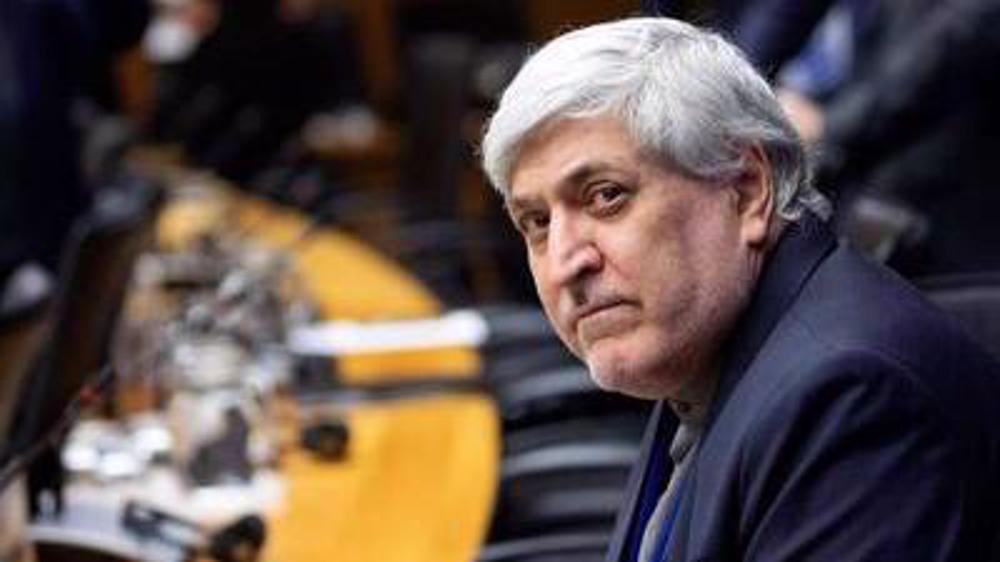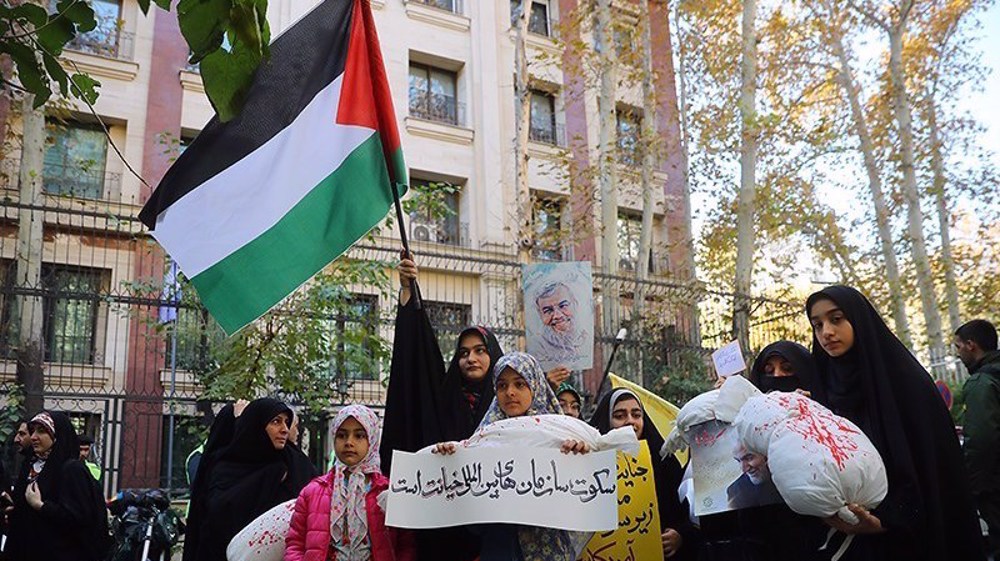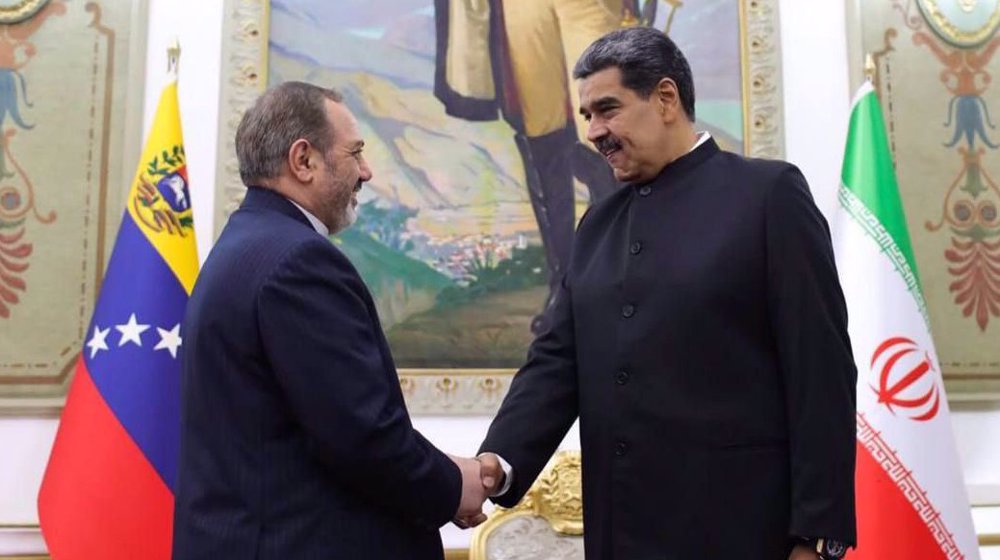Zarif: Iran to resist US sanctions, even thrive under restrictions
Foreign Minister Mohammad Javad Zarif says the US’s renewed campaign of pressure and sanctions will only strengthen the Iranian nation’s “resolve to resist,” and that his country will even “thrive” under such restrictive measures.
“We will certainly survive. We will not only survive – we will thrive,” Zarif was quoted by The Guardian as saying after meeting Jeremy Hunt on Monday.
Hunt was in Tehran for talks on a range of issues, including European efforts to protect the 2015 multinational nuclear deal – to which the UK is a signatory – following Washington’s unilateral withdrawal from the international document in May.
The US has reinstated all the anti-Iran sanctions it had removed under the deal, officially named the Joint Comprehensive Plan of Action (JCPOA). The second round of the bans – which target Iran’s energy and banking sectors -- snapped back into place last month.
“We are used to pressure and we are used to resisting pressure. Sanctions always hurt and they hurt ordinary people, but sanctions seldom change policy, and that has been the problem with US sanctions all the time. They do not take people back to the negotiating table. In fact, they strengthen the resolve to resist,” Zarif added.
‘Iran will always sell oil’
The Iranian foreign minister once again played down the US pledge to cut Iran’s oil exports to “zero” with its sanctions.
“There are always markets for oil, it depends on the conditions and the price,” said the top Iranian diplomat. “I believe Iran will always sell oil.”
The comments echoed those by President Hassan Rouhani, who said Wednesday that Washington had failed in the first phase of its crackdown on Tehran’s oil sales after it granted waivers to the major buyers of Iranian crude.
Zarif, meanwhile, countered the US claim that humanitarian items were exempt from the sanctions.
“The US has imposed financial sanctions on Iran,” he said. “When you want to transfer money, the bank does not ask whether it goes for food or other items – that is why sanctions always hit food and medicine.”
“The US is not living up to its promises. We believe all sanctions are unlawful, and against UN Security Council resolutions, but the US is not even truthful to the commitment they have made,” he added, referring to Resolution 2231, which endorsed the JCPOA shortly after its conclusion.
The US has been bent on killing Europe’s business ties with Iran, threatening “secondary sanctions” against firms that continue doing business with Tehran.
Iranian officials say by doing so, the US is not only reneging on an agreement it signed itself, but is punishing other world countries for observing a Security Council resolution.
Frustration with EU
The European Union, which coordinated the talks leading to the nuclear deal, has lambasted the US for breaking it, and vowed to stay true to the accord. It has given assurances of implementing measures aimed at protecting its firms in the face of the American sanctions.
The foreign minister, however, said Iran was frustrated at the bloc’s slow performance in the area.
“What is important is that Europe has made the political commitment but, unfortunately, so far as practicabilities are concerned, it has been very slow,” Zarif said.
“Hunt gave me commitment that the UK believes in the nuclear deal, but we also need to see some action,” he added.
VIDEO | Yemen’s armed forces target Israeli airbase amid nationwide pro-Palestinian rallies
Putin vows more test of new hypersonic missile
VIDEO | Jordanians continue rallies to denounce Israeli genocide in Gaza, Lebanon
6 Israeli soldiers commit suicide: Reports
Diplomat discourages recourse to pressure, intimidation, confrontation against Iran
UN: 2024 deadliest year for aid workers amid genocide in Gaza
Gaza health official warns of hospital shutdowns within 48 hours
Israel kills 5 more paramedics in southern Lebanon: Health ministry














 This makes it easy to access the Press TV website
This makes it easy to access the Press TV website